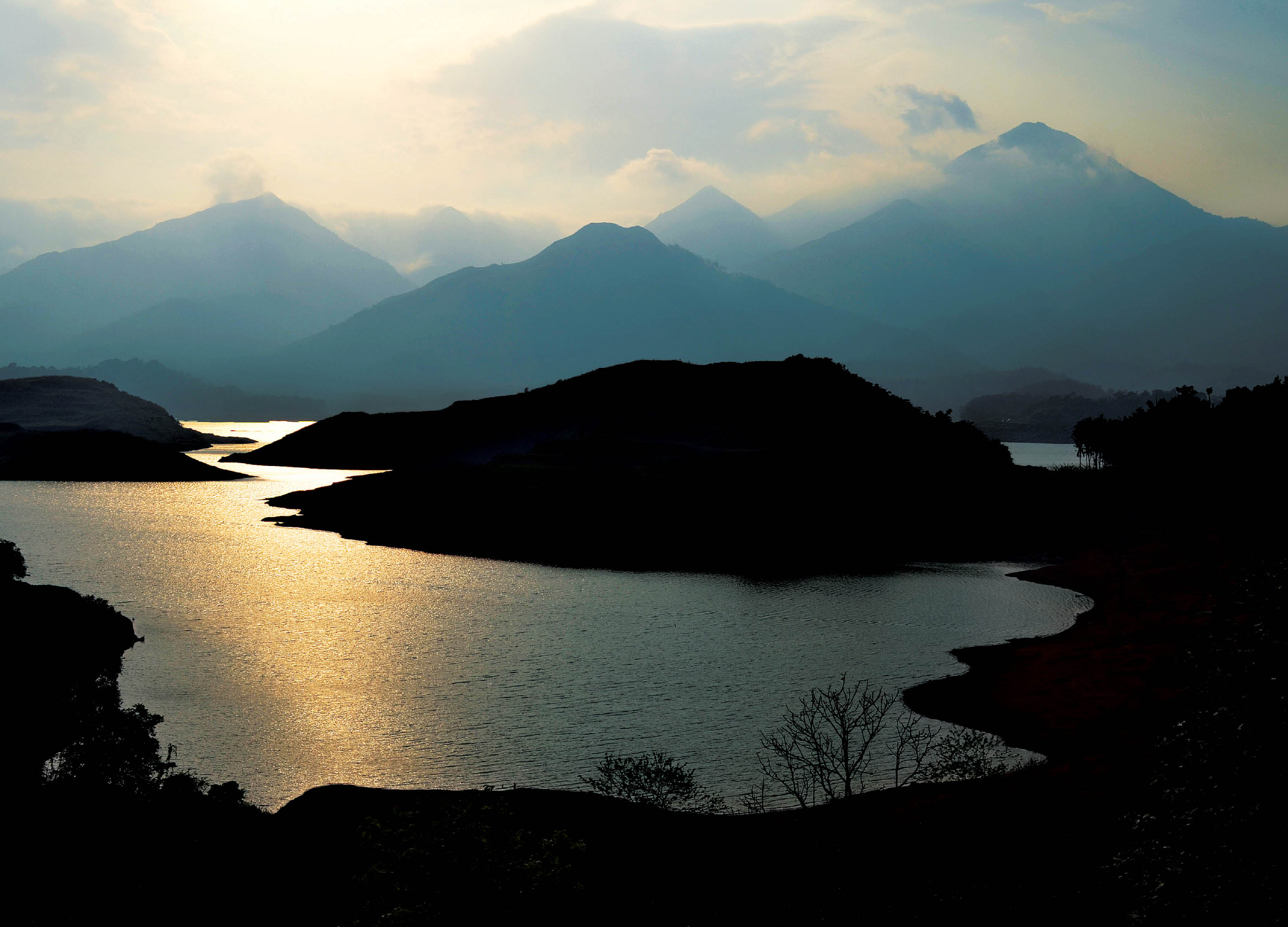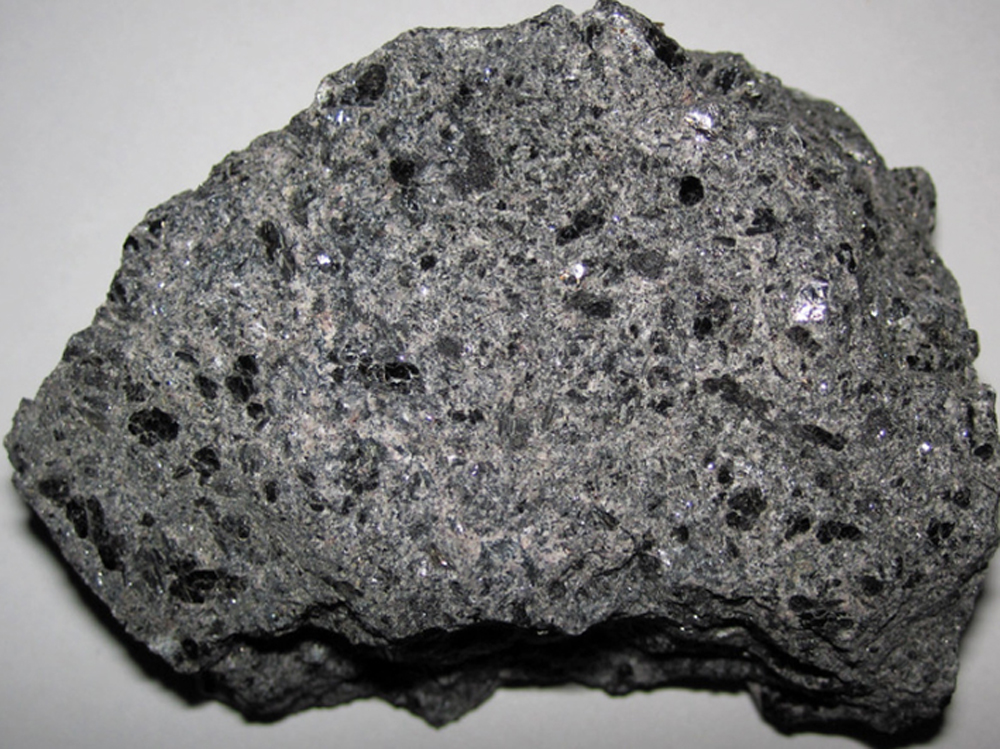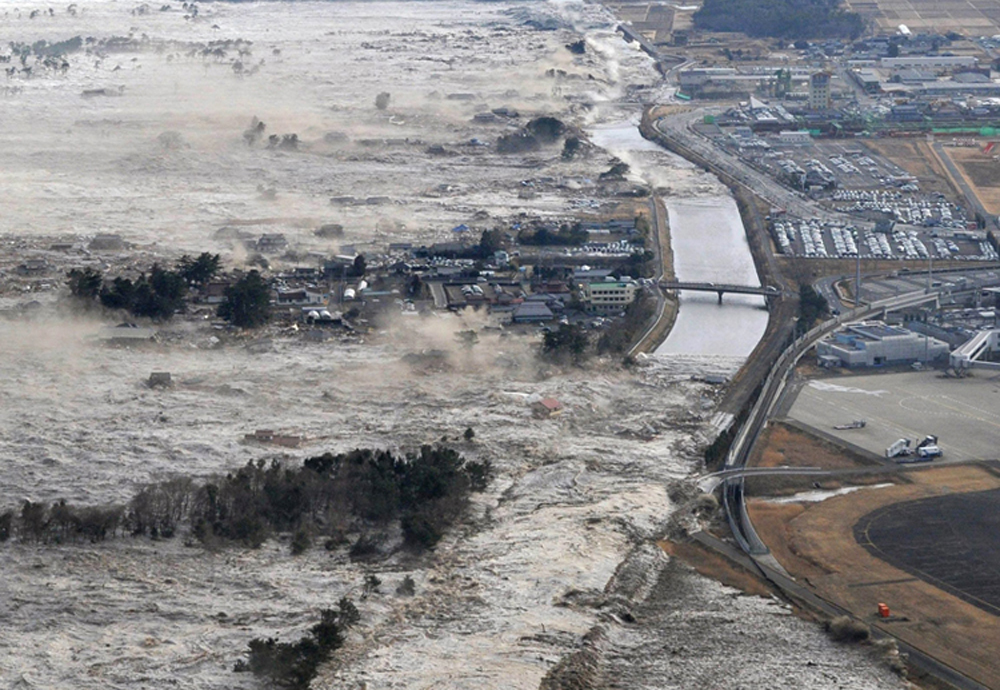Gas hydrates in Krishna-Godavari offshore basin



India is set to embark on a new chapter in its Polar exploration journey with the construction of Maitri II. The Indian government plans to establish a new research station near the existing Maitri ba...
.png )
The Deep Ocean Mission (DOM), approved by the Government of India in 2021 under the Ministry of Earth Sciences (MoES), represents a strategic step in realizing Sustainable Development Goal 14 (SDG 14:...

China recently announced restrictions on the export of seven rare earth elements (REEs), soon after US President Donald Trump decided to impose tariffs. As the world's dominant supplier—responsible fo...
Methane from gas hydrate deposits could be a viable energy alternative. The investigations in Krishna-Godavari (KG) and Mahanadi offshore basins and Andaman Sea have established the occurrence of gas...
Air pollution is a growing problem in India. Factories, power plants, automobiles and dust, smoke from bush fires and volcanic eruptions are responsible for pollution. The deterioration of air quality...
The authors are scientist C, scientist F, scientist B and director, respectively, at Indian National Centre for Ocean Information Services, Hyderabad and secretary, Ministry of Earth Sciences. sriniva...
The role of marine organisms as providers of ecosystem services in the South-East and North-East Arabian Sea upwelling systems is elucidated in this essay. Services such as primary production, fish pr...
Methane from gas hydrate deposits could be a viable energy alternative. The investigations in Krishna-Godavari (KG) and Mahanadi offshore basins and Andaman Sea have established the occurrence of gas hydrate in varied forms. However, the KG offshore basin is one of the most promising petroliferous basins.

Air pollution is a growing problem in India. Factories, power plants, automobiles and dust, smoke from bush fires and volcanic eruptions are responsible for pollution. The deterioration of air quality thus results into a corresponding increase in health problems, eventually inducing the monitoring of air quality and its prediction as a prime necessity in day-to-day life.

The authors are scientist C, scientist F, scientist B and director, respectively, at Indian National Centre for Ocean Information Services, Hyderabad and secretary, Ministry of Earth Sciences. srinivas@incois.gov.in
